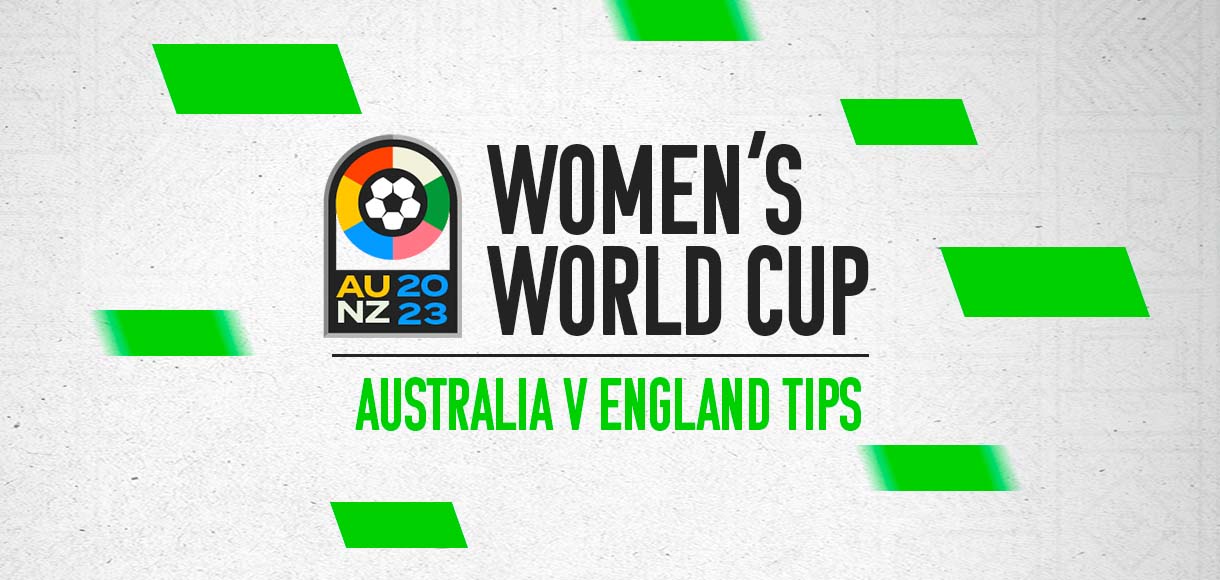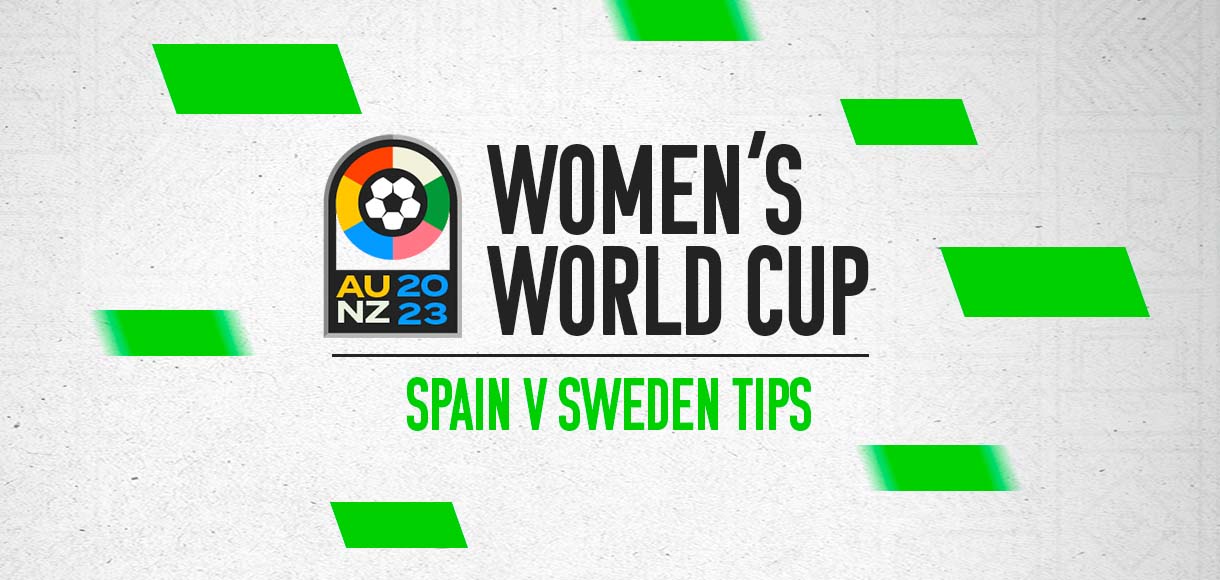4 managers who proved juggling club and country is impossible
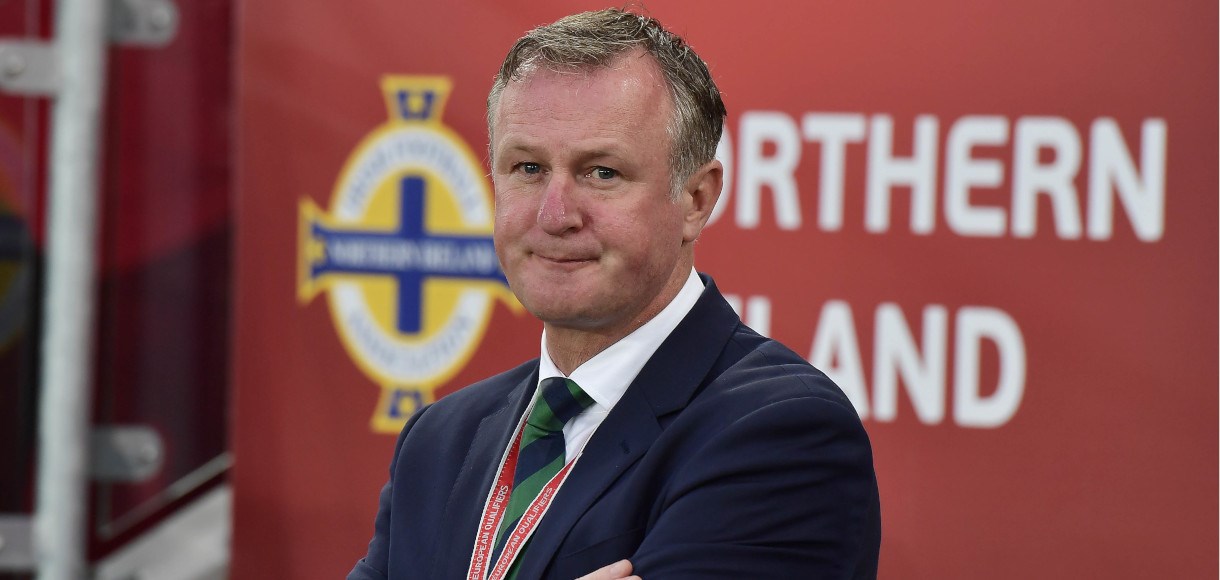
With Michael O'Neill splitting his time between Stoke and Northern Ireland until at least March, here are four examples of the difficulties he could face.
Michael O’Neill returns from international duty with Northern Ireland to take charge of Stoke City this week, with the club knowing he will return to manage his country through their Euro 2020 qualifying play-off against Bosnia-Herzegovina in March.
Here are four examples that prove splitting your team between domestic and international teams is a tough ask.
Sir Alex Ferguson (Aberdeen and Scotland)
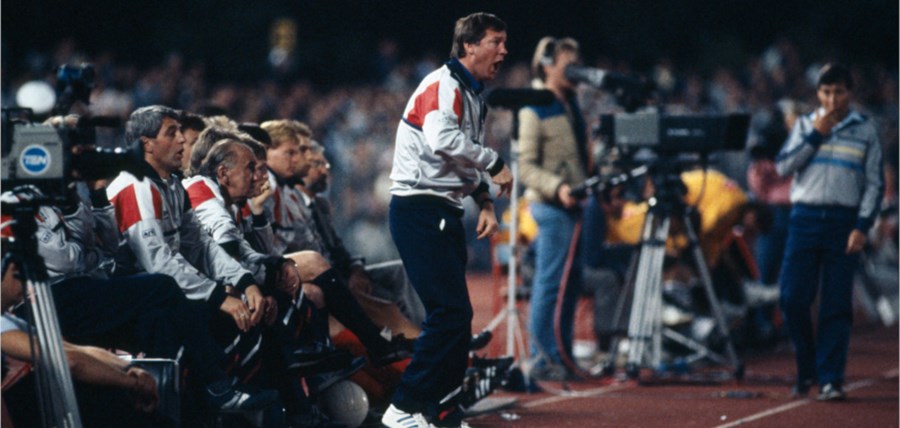
Do not adjust your screens, you read that correctly.
Fergie once straddled a domestic and international job and, spoiler alert, it didn’t go particularly well.
In September 1985, Scotland drew 1-1 away to Wales in their final World Cup qualifier to secure a play-off against Australia.
But celebrations were overshadowed by the collapse and death of manager Jock Stein.
Then-Aberdeen manager Ferguson – who had just won the third of his three Scottish Premier Division titles – agreed to take over, having been on the national team’s coaching staff during qualifying.
But combining the national team with the Dons job would be the most difficult time of his career.
Scotland beat Australia to qualify for the 1986 World Cup, but Aberdeen’s form slipped. They failed to retain their league title, finishing fourth in the 1985/86 season.
The Tartan Army then finished bottom of their World Cup group, earning just one point from matches against Denmark, West Germany and Uruguay.
Ferguson stepped down as Scotland manager after the tournament and joined Manchester United the following November after Ron Atkinson’s sacking.
Stuart Pearce (Manchester City and England Under-21s)
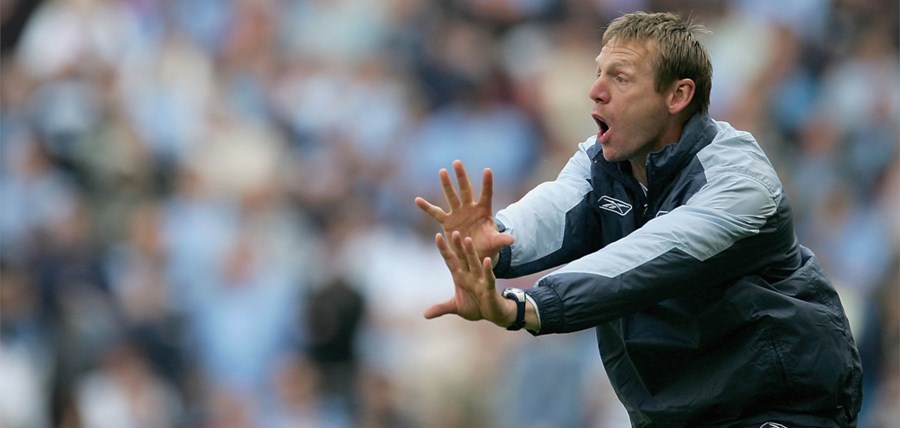
Stuart Pearce was only meant to take the England Under-21 job temporarily, while the FA looked for a permanent replacement for the outgoing Peter Taylor.
Taylor had been combining the role with his position in charge of Crystal Palace until January 2007, before senior boss Steve McClaren instructed the FA to hire a full-time boss.
So appointing Pearce the following month, even on a short-term basis, seemed odd, given that he already had a job at Man City.
Pearce was adamant that “Manchester City is my main priority” when it was announced he would work with the national team.
But that he was sacked by City only three months later, having only avoided relegation by four points, gives you an idea as to how successful he was at juggling both jobs.
At least McClaren got what he wanted eventually.
Dick Advocaat (AZ Alkmaar and Belgium)
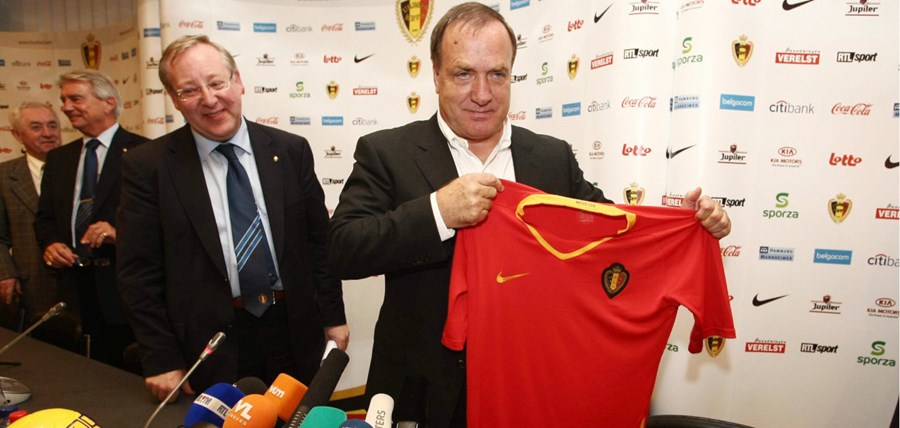
Like O’Neill, Advocaat was an international manager first before taking charge of a domestic club as well.
Worryingly for the Northern Irishman, he didn’t keep both jobs for long.
Advocaat joined Belgium in October 2009, having been sacked as manager of Zenit just two months earlier.
Belgium had already failed to qualify for the 2010 World Cup, so expectations for the remainder of the qualification campaign were minimal.
So when Ronald Koeman got the chop at AZ Alkmaar in December, it didn’t seem crazy that Advocaat was announced as his successor and would split his time between both.
The Red Devils won just one of their next four competitive matches under their new manager, while AZ manager one victory in their first seven.
Four months later, he had left Belgium and announced his intention to quit AZ Alkmaar at the end of the season.
Advocaat would take over as Russia manager in June 2010, which brings us nicely onto…
Guus Hiddink (Chelsea and Russia)
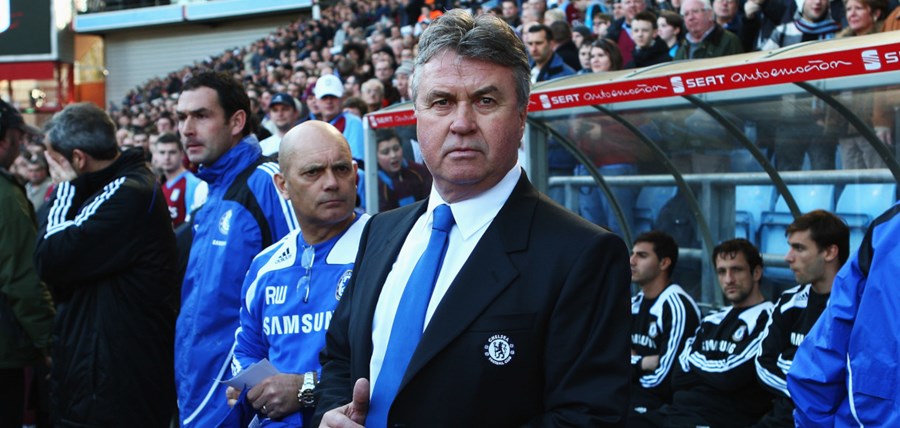
Hiddink is the only example in this list of a manager having some success while holding down two different jobs.
But even that came with caveats.
After Luis Felipe Scolari was sacked, the Dutchman took the Chelsea job on a temporary basis in February 2009, while also in charge of the Russian national team.
And rarely has a caretaker manager made such an impact.
Hiddink won the FA Cup with Chelsea and took them to a Champions League semi-final, where they were knocked out on away goals by that last-minute Andres Iniesta strike.
Such was his popularity among the players, he was given an engraved watch and shirt signed by the squad as a parting gift, after being begged to stay.
But Hiddink struggled on his return to international management, with Russia failing to qualify for the 2010 World Cup after losing to Slovakia in the play-off in November 2009.
By February, it was announced that his contract would not be renewed.











